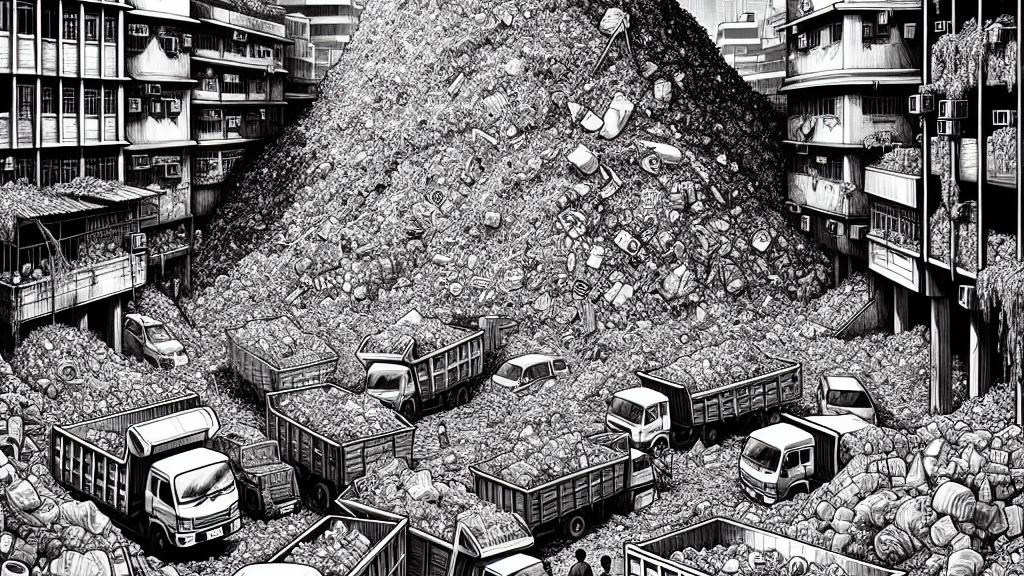India: The World's Largest Plastic Polluter
Overview
- India is now recognized as the leading global polluter of plastic, surpassing even China in waste production.
- The extensive repercussions of this pollution threaten diverse ecosystems and pose severe health risks to populations.
- To reverse this alarming trend, India must implement immediate and coordinated solutions involving community action and international collaboration.

A Startling Revelation: India’s Plastic Rankings
In an eye-opening study, researchers have declared India the world’s largest plastic polluter, a title that raises significant alarms across the globe. Previously, people understood India as one of the highest generators of plastic waste, with China often leading the charge. However, recent findings reveal that India dumps around 20 million metric tons of plastic waste into the environment every year. To visualize this, imagine the equivalent of thousands of trucks, each loaded to the brim, pouring their contents onto the streets and waterways! This situation demands urgent changes in waste management practices. Current mismanagement—coupled with soaring urban populations and inadequate recycling facilities—exacerbates India's environmental crisis.
The Devastating Impact on Ecosystems and Human Health
The consequences of this rampant plastic pollution are nothing short of catastrophic. Ecosystems across India, from serene rivers to bustling oceans, are increasingly suffering due to plastic debris. For example, numerous marine species, including fish and sea turtles, often mistake plastic bags for food, leading to fatal consequences like starvation and intestinal blockages. But the implications don’t stop there; humans face dire health risks, as microplastics have infiltrated our food supply. Research has shown that these tiny particles make their way into drinking water and popular foods like seafood and salt. Worryingly, they also carry harmful chemicals linked to various health issues. In essence, the repercussions of plastic pollution ripple through environmental systems, ultimately affecting human health and well-being.
Charting a Sustainable Future: India’s Way Forward
To combat this alarming crisis, India must embark on a comprehensive and multi-faceted strategy aimed at drastically reducing plastic waste in the coming years. Local communities can take charge through initiatives such as beach clean-ups and recycling drives, raising awareness about the significant harm caused by plastic waste. For instance, cities like Pune have successfully implemented extensive waste segregation policies that educate citizens on separating recyclables from non-recyclables effectively. Moreover, educational programs targeting schools can foster a generation of environmentally conscious citizens, while government policies can promote the use of biodegradable materials. On a broader scale, India should actively engage in global accords aiming to minimize plastic production and encourage sustainable practices. Through cooperation and commitment, India has the opportunity to transform from the world's leading plastic polluter into a champion of environmental stewardship.

Loading...